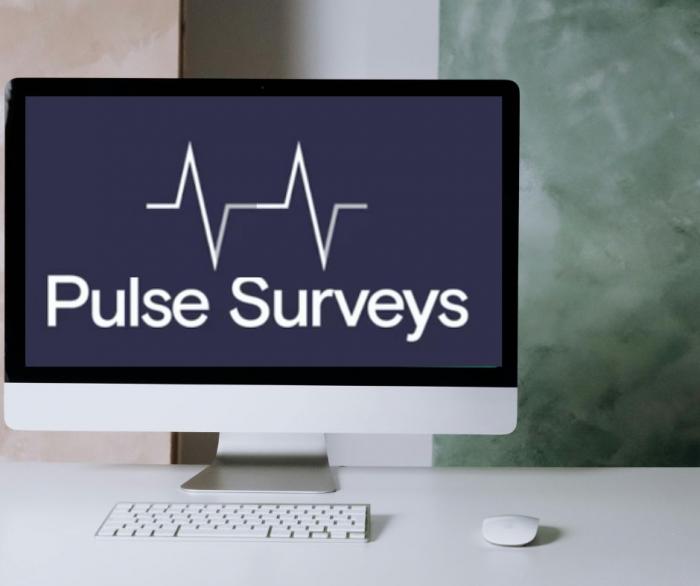The Role of Surveys in Workplace Conflict Resolution
 As an employer or HR manager, you know that workplace conflict is not just inevitable; it's a part of the human dynamics of any organization. These conflicts can significantly impact productivity and employee morale if not addressed effectively. This is where the strategic use of conflict resolution surveys comes into play, offering a method to manage and resolve tensions discreetly and efficiently.
As an employer or HR manager, you know that workplace conflict is not just inevitable; it's a part of the human dynamics of any organization. These conflicts can significantly impact productivity and employee morale if not addressed effectively. This is where the strategic use of conflict resolution surveys comes into play, offering a method to manage and resolve tensions discreetly and efficiently.
Understanding Workplace Conflicts
Workplace conflict can arise from a variety of sources, whether it be clashes in personality, competition for resources, or differing values. Identifying these conflicts early can be a challenge, especially when they simmer below the surface. As you strive to maintain a harmonious workplace environment, recognizing the signs of these conflicts becomes crucial.
Surveys as a Tool for Conflict Detection
Conflict resolution surveys are invaluable tools in detecting these early signs of workplace conflict. By ensuring anonymity, these surveys encourage honest and open communication from your employees, providing you with insights that might not surface through confrontation or casual observation. Here are some vital ways surveys can help you in workplace conflict resolution.
Design Effective Conflict Resolution Surveys
To effectively use conflict resolution surveys, focus on crafting questions that get to the heart of your team’s dynamics. Questions should be neutral and aimed at uncovering issues without placing blame. This approach helps pinpoint the underlying causes of workplace conflict, allowing for more targeted interventions.
Analyzing Survey Data for Insights
Analyzing the data from your conflict resolution surveys can reveal patterns and themes that are crucial for understanding the specific challenges your team faces. This analysis is key to developing strategic interventions that address both the symptoms and root causes of conflicts, preventing them from escalating into more significant issues.
Action Steps Based on Survey Results
With the insights from your surveys, you can design specific interventions such as conflict resolution workshops, changes in team management strategies, or even simple adjustments in work processes. These actions, informed by direct feedback from your employees, can significantly reduce the frequency and intensity of workplace conflicts.
Conclusion
Rubriques connexes
Everything you need to know about a pulse survey
Pulse surveys are used to gain shorter and more focused insights about organizational performance. Discover how you can do this. ....
This is why your customer satisfaction survey is not reducing churn
If your customer satisfaction survey is not reducing churn, it’s likely because you are not doing it right. Find out how to do it better ....
5 Ways to Use Survey Results for Marketing Campaigns
These methods will help you conduct a more effective marketing campaign ....


